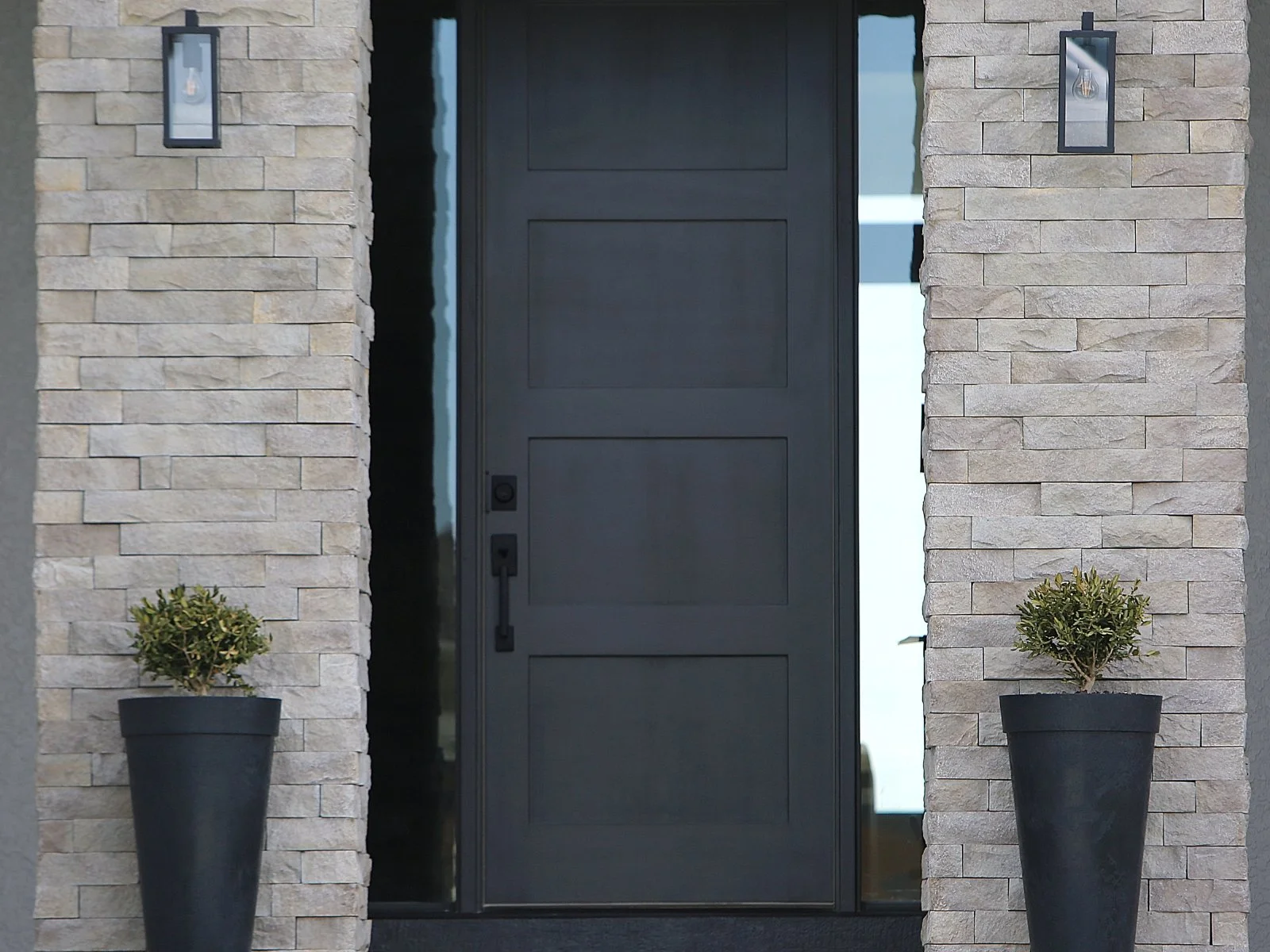Composite vs uPVC doors: A complete buyer’s guide to suit your home
Find out what works best for your home…
Choosing a new front door isn’t just about looks — it’s about security, insulation, and long-term value. Two of the most popular options for homeowners in Cheltenham are composite doors and uPVC doors. But what’s the difference, and which is the right choice for your home?
After 25 years fitting both, here’s my no-nonsense guide to help you decide.
What is a uPVC door?
uPVC (unplasticised polyvinyl chloride) is the same material used in most modern double glazing. Lightweight, low-maintenance, and budget-friendly, uPVC doors are a common choice for homeowners looking for a cost-effective replacement.
Key benefits:
Affordable upfront cost
Low maintenance (wipe clean, no painting)
Good thermal efficiency
Drawbacks:
Limited colour/finish options compared to composite
Not quite as strong or durable vs composite
Can look “cheaper” on period or higher-value homes
What is a composite door?
A composite door is made from several materials (often a timber core, insulation foam, and a tough outer GRP skin) pressed together. They’re designed to give the best of all worlds: strength, insulation, and style.
Key benefits:
Excellent security — tougher to break through
Wide range of colours and wood-effect finishes
Great thermal efficiency, keeping heat in and noise out
More “solid” feel when you close them
Drawbacks:
Higher upfront cost than uPVC
Heavier — hinges and frame need to be good quality
How do they compare on cost?
uPVC door: Usually £650–£950 fitted
Composite door: Usually £1,100–£1,800 fitted
Composite costs more, but in many cases, it lasts longer and adds more value to the home.
Security comparison
Both types can meet modern security standards if properly installed. But a composite door generally offers better resistance to forced entry thanks to its solid construction. If security is a top priority, composite usually wins.
Which should you choose?
On a budget, want something practical? Go with uPVC doors.
Want maximum security, kerb appeal and a more premium finish? Composite is worth the investment.
Final word
There’s no one-size-fits-all answer — both uPVC and composite doors have their place. The right choice comes down to budget, style and priorities.
If you’re weighing up the options for new doors in Cheltenham, I’ll give you straight advice, a fair quote and just the right solution for your home.
